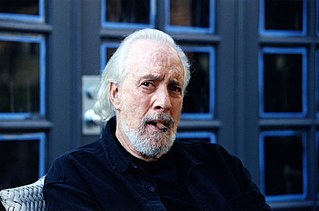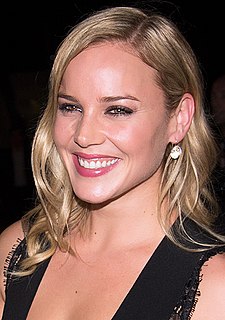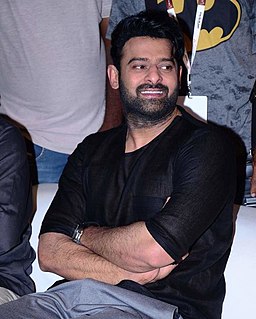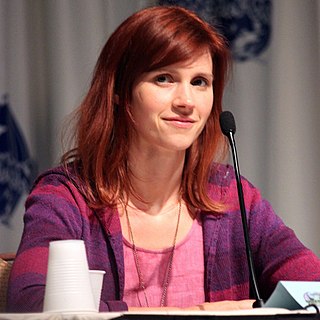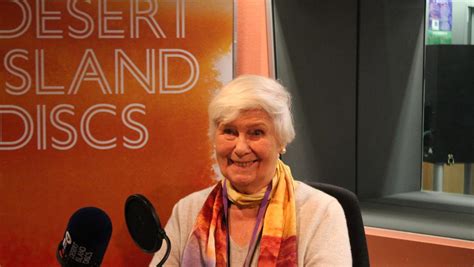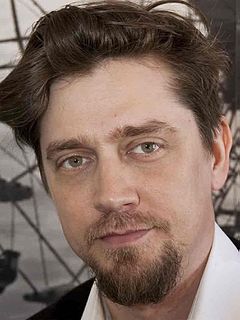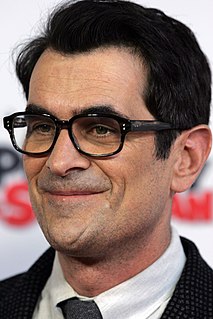A Quote by Robert Towne
In dramatic writing, the very essence is character change. The character at the end is not the same as he was at the beginning. He's changed-psychologically, maybe even physically.
Related Quotes
If the point of life is the same as the point of a story, the point of life is character transformation. If I got any comfort as I set out on my first story, it was that in nearly every story, the protagonist is transformed. He's a jerk at the beginning and nice at the end, or a coward at the beginning and brave at the end. If the character doesn't change, the story hasn't happened yet. And if story is derived from real life, if story is just condensed version of life then life itself may be designed to change us so that we evolve from one kind of person to another.
There are so many different ways to develop a character - physically, mentally, spiritually and all of that - but the research was really beautiful. I love the process of finding characters because, in the beginning, it's really unknown, and then, by the end of it, all of a sudden, you're walking and talking like that character.
There’s an old writing rule that says ‘Don’t have two character names start with the same letter’, but I knew at the beginning that I was going to have more than 26 characters, so I was in trouble there. Ultimately it comes down to what sounds right. And I struggle with that, finding the right name for a character. If I can’t find the right name I don’t know who the character is and I can’t proceed.
When you are writing, you have to love all your characters. If you're writing something from a minor character's point of view, you really need to stop and say the purpose of this character isn't to be somebody's sidekick or to come in and put the horse in the stable. The purpose of this character is you're getting a little window into that character's life and that character's day. You have to write them as if they're not a minor character, because they do have their own things going on.
The very dull truth is that writing love scenes is the same as writing other scenes - your job is to be fully engaged in the character's experience. What does this mean to them? How are they changed by it, or not? I remember being a little nervous, as I am when writing any high-stakes, intense scene (death, sex, grief, joy).
I don't believe, in a show like ours, that you really want to see character growth. That's just my opinion. Maybe to a small degree, but nothing serious. To that end, it doesn't have the same importance that it would have, if you were on an hour-long show. I think an audience gets really hungry for a character to grow and change on an hour-long show, and I think I would be more antsy.
